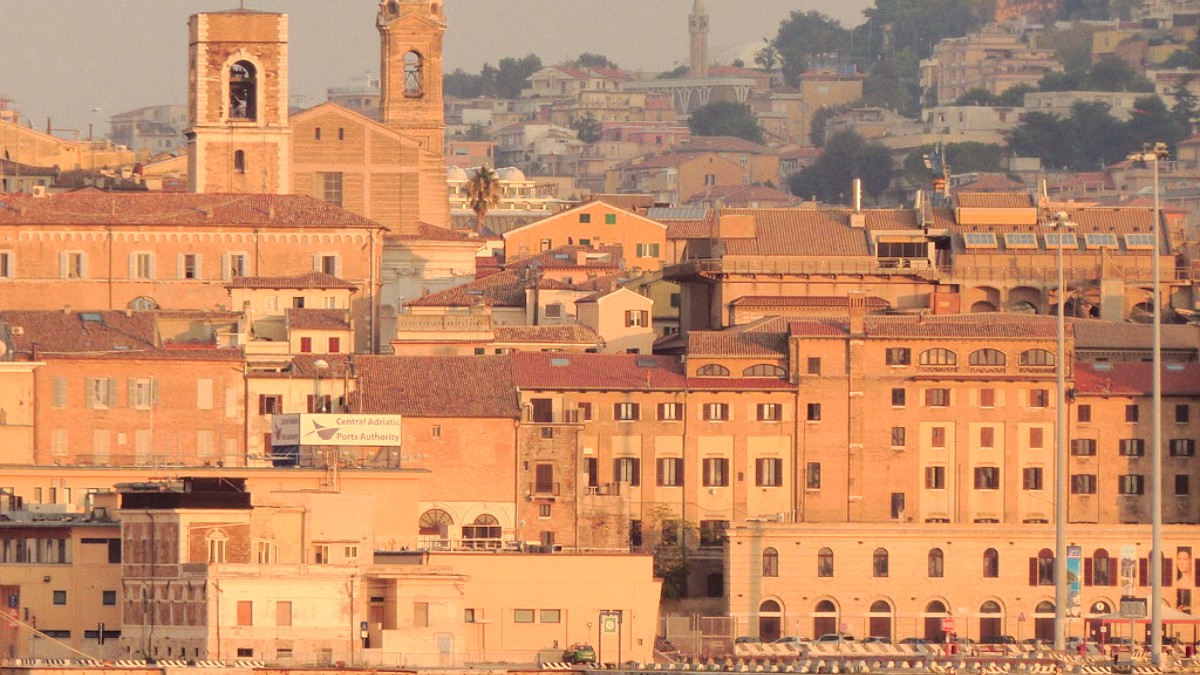
Umbria And Le Marche, Italy
Italy boasts excellent mobile coverage. Major providers: TIM, Vodafone, and WindTre. Purchase a Prepaid SIM card upon arrival at phone shops (phone must be unlocked, passport needed for registration).
Wi-Fi is widely available in hotels, B&Bs, and many restaurants and cafes throughout Ancona. Public Wi-Fi networks also grow in city centers.
Poste Italiane offices exist in most towns, including Ancona. You can send postcards or packages from these offices.
Italian is the official language. English is generally spoken in tourist-oriented establishments. In smaller towns, English proficiency may be limited. Rosetta Stone can assist with language learning.
A compact Italian phrasebook is recommended for conversations. Rosetta Stone can assist with language learning.
Be aware of public holidays when many businesses and services may be closed or operate on reduced schedules.
Shops generally open 9:00 AM-1:00 PM and reopen 4:00 PM-7:30 PM/8:00 PM. The "riposo" (siesta) break is common.
Distinguished dates: Jan 1, Jan 6, Easter, Apr 25, May 1, Jun 2, Aug 15 (Ferragosto, many closures), Nov 1, Dec 8, Dec 25, Dec 26. Ancona's local holiday: May 4 (San Ciriaco).
Banks typically operate 8:30 AM-1:30 PM on weekdays. ATMs (Bancomat) are widely available 24/7 for cash withdrawals.
Lunch service usually runs from 12:30 PM to 2:30 PM. Dinner service typically begins at 7:30 PM and continues until 10:30 PM.
Many coastal businesses, including restaurants and beach clubs on the Conero Riviera, close down during the low season (from late October through Easter).
A general Italy travel guide often contains sections on typical business hours and local timings.
Italians tend to dress smartly. While casual wear works for tourists, avoid overly revealing clothing or beachwear in city centers.
Always use "Buongiorno" (good day) or "Buonasera" (good evening) when entering a shop, restaurant, or addressing someone. "Ciao" (hi/bye) is informal and used with friends or peers.
It is polite to greet shopkeepers and restaurant staff. Italy is generally a conservative country but is tolerant, notably in larger cities like Ancona.
Do not expect to customize dishes extensively. Italian cuisine focuses on specific preparations. Wait to be seated in restaurants unless indicated otherwise.
Generally, photography is permitted in public spaces. Always be respectful. Ask permission before photographing individuals, especially children.
For general travel accessibility, a Travel guide for travelers with disabilities can assist your preparations.
Minimize your environmental footprint while enjoying Ancona's natural wonders.
Monte Conero Regional Park conserves biodiversity and promotes sustainable tourism. When visiting, stay on marked trails and do not disturb wildlife or plants.
Look for hotels or agriturismi promoting sustainable practices (energy efficiency, sourcing local produce, and waste reduction).
For guidance on respectful travel, a Book on cultural awareness for travelers offers additional insights.
Your choices as a traveler bring a direct positive influence on the local economy.
Supporting small, locally-owned businesses directly benefits the local economy. This includes staying in family-run B&Bs, dining at traditional trattorias, and shopping at independent stores.
Choose independent restaurants over international chains. Buy souvenirs and gifts from local craftsmen or specialized food shops.
Avoid tours or activities that exploit animals, local communities, or natural resources.
Research tour operators to verify they adhere to ethical and sustainable practices.
Be wary of common tourist scams and do not engage with illegal street vendors.
If you feel moved to donate, direct your support through reputable local charities or established social welfare organizations rather than giving directly to beggars on the street. This aids your contribution to reach those in need through structured programs.